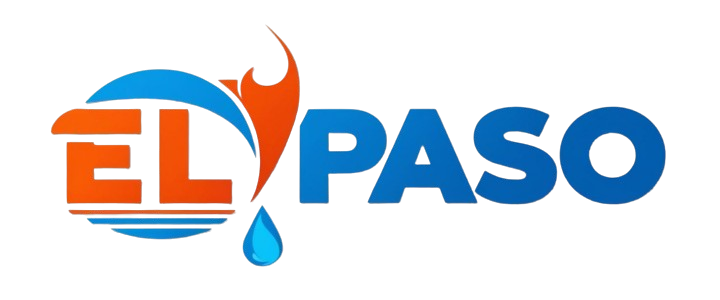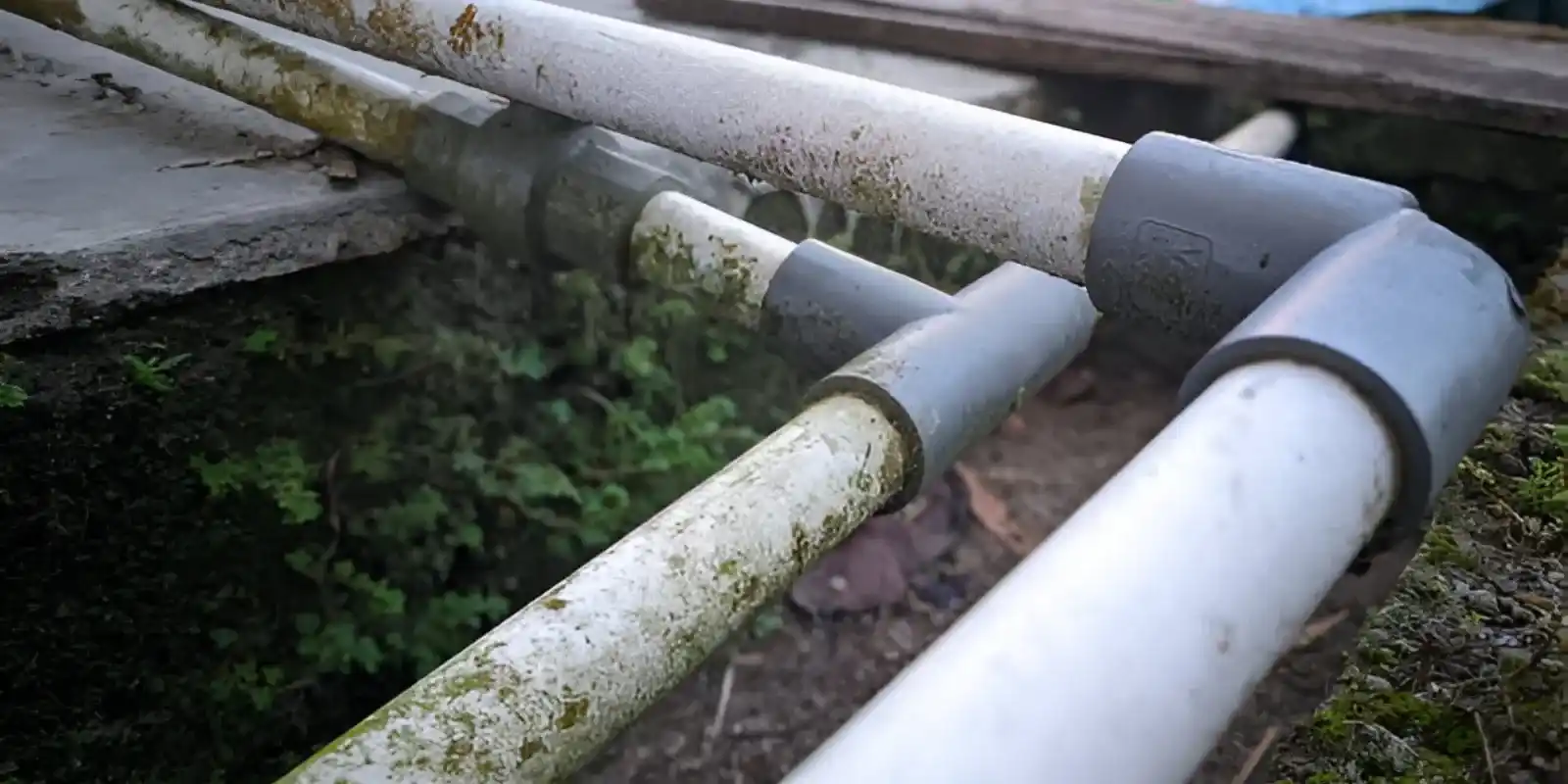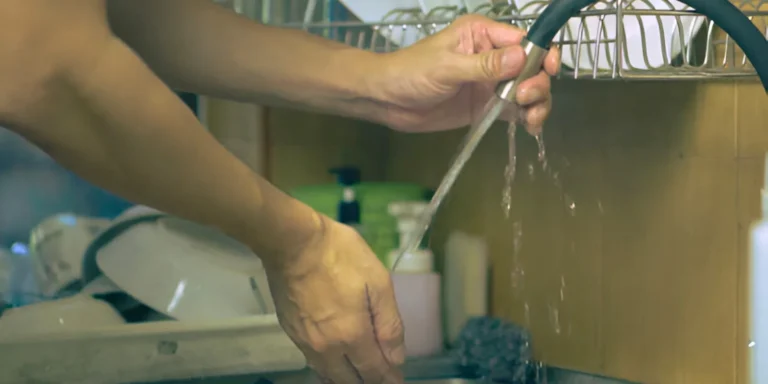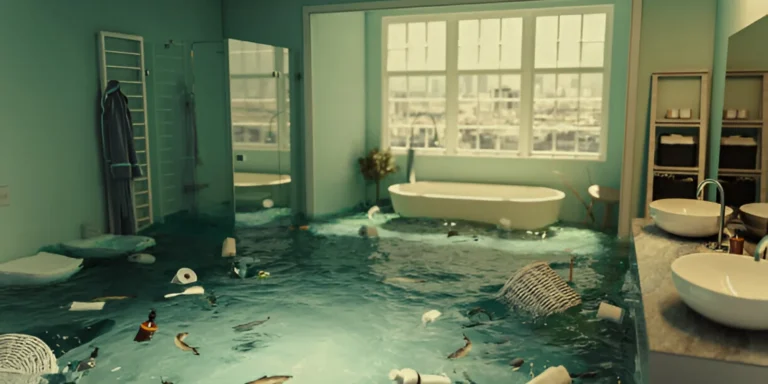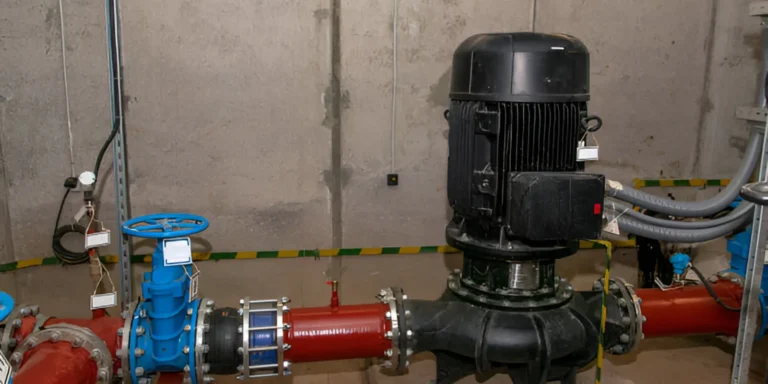Clogged drains are an annoying yet common household problem. While store-bought chemical cleaners might seem like a quick fix, they often come with harmful chemicals that can damage pipes and the environment. Fortunately, there are several natural and effective ways to unclog drains without resorting to harsh chemicals. You can clear most blockages with minimal effort using common household items like baking soda, vinegar, and boiling water. These natural methods not only save money but also keep your plumbing system in top shape. Whether the clog is in your sink, shower, or bathtub, you can use eco-friendly solutions to restore smooth drainage and prevent future issues. In this guide, we’ll explore a range of natural methods to unclog your drain, along with preventative measures to ensure your drains stay clean and free-flowing.
Natural Solutions to Unclogging Your Drain
There are several simple and natural solutions to unclog your drain without using harmful chemicals. One of the most effective methods involves using baking soda and vinegar. This powerful duo works together to break down grease, soap scum, and debris that may be causing the clog. Another popular solution is pouring boiling water down the drain to loosen and flush out the blockage. For more stubborn clogs, a natural enzymatic drain cleaner made from citrus or plant-based ingredients can help break down organic matter. These eco-friendly solutions are not only safe for your pipes but also gentle on the environment.
Common Causes of Clogged Drains and How to Prevent Them
Clogs typically occur due to the accumulation of grease, hair, soap scum, and food particles in your pipes. In kitchens, grease buildup is a major culprit, while in bathrooms, hair and soap residue are the main offenders. Over time, these substances form blockages that can slow or completely stop the flow of water. To prevent clogs, avoid pouring grease down the drain, use drain covers to catch hair, and regularly clean your drains with natural remedies like baking soda and vinegar. These simple habits can significantly reduce the likelihood of a clog, keeping your drains clear and functional.
When to Call a Professional for a Clogged Drain
While many clogs can be fixed with natural methods, some blockages require professional intervention and call for a Plumber. If you’ve tried common DIY methods like baking soda and vinegar or plunging but the clog persists, it may be a sign of a deeper or more complex issue, such as tree root infiltration or pipe damage. A plumber will have the right tools and expertise to clear the blockage and assess any underlying issues. Additionally, if you experience recurring clogs despite regular maintenance, it’s wise to call a professional to avoid potential long-term plumbing problems.
Using Baking Soda and Vinegar to Clear Blockages
Baking soda and vinegar are a powerful and natural duo that can tackle many types of drain blockages. To use this method, pour ½ cup of baking soda into the clogged drain, followed by 1 cup of vinegar. Let it sit for about 30 minutes, allowing the mixture to fizz and break down the buildup. Afterward, flush the drain with hot water to clear the debris. This natural remedy is effective for removing grease, soap scum, and small food particles.
The Benefits of Boiling Water for Drain Maintenance
Boiling water is a simple yet effective solution for clearing minor clogs. Pouring a kettle of hot water directly into the drain can help loosen grease, soap, and other buildup in the pipes. This method works best for kitchen sinks and bathroom drains with occasional blockages. Regularly using boiling water can also help keep your drains clean and prevent future clogs, making it an easy, eco-friendly habit to incorporate into your cleaning routine.
How a Plunger Can Help with Mild Clogs
A plunger is one of the most common tools used for tackling mild clogs. It creates pressure that can help dislodge blockages in the drain. Simply cover the drain with the plunger, ensuring a tight seal, and pump vigorously. After a few minutes of plunging, flush the drain with hot water to see if the clog has cleared. This method is particularly effective for bathroom and kitchen sinks and showers, where the blockages tend to be caused by hair and soap scum.
Preventative Measures: Keeping Your Drains Clear with Natural Ingredients
Preventing clogs before they happen is key to maintaining clear drains. Regularly pour a mixture of baking soda and vinegar down the drain as a preventive measure. This helps break down any early buildup of grease, hair, or soap scum. Additionally, using a drain cover to catch hair and food particles will reduce the amount of debris entering your pipes. By incorporating these habits into your routine, you can keep your drains running smoothly and avoid the need for major repairs.
Eco-Friendly Alternatives to Chemical Drain Cleaners
If you’re looking for an eco-friendly alternative to chemical drain cleaners, natural solutions like baking soda, vinegar, and enzymatic cleaners are great options. These alternatives are not only gentle on your pipes but also safe for the environment. Enzymatic drain cleaners, made from natural ingredients like citrus and plant-based enzymes, break down organic matter without damaging your plumbing or contributing to water pollution. Regular use of these eco-friendly methods helps maintain a clean, healthy plumbing system without resorting to harmful chemicals.
